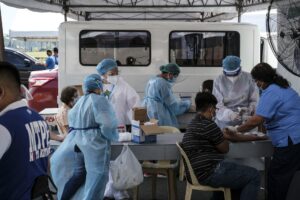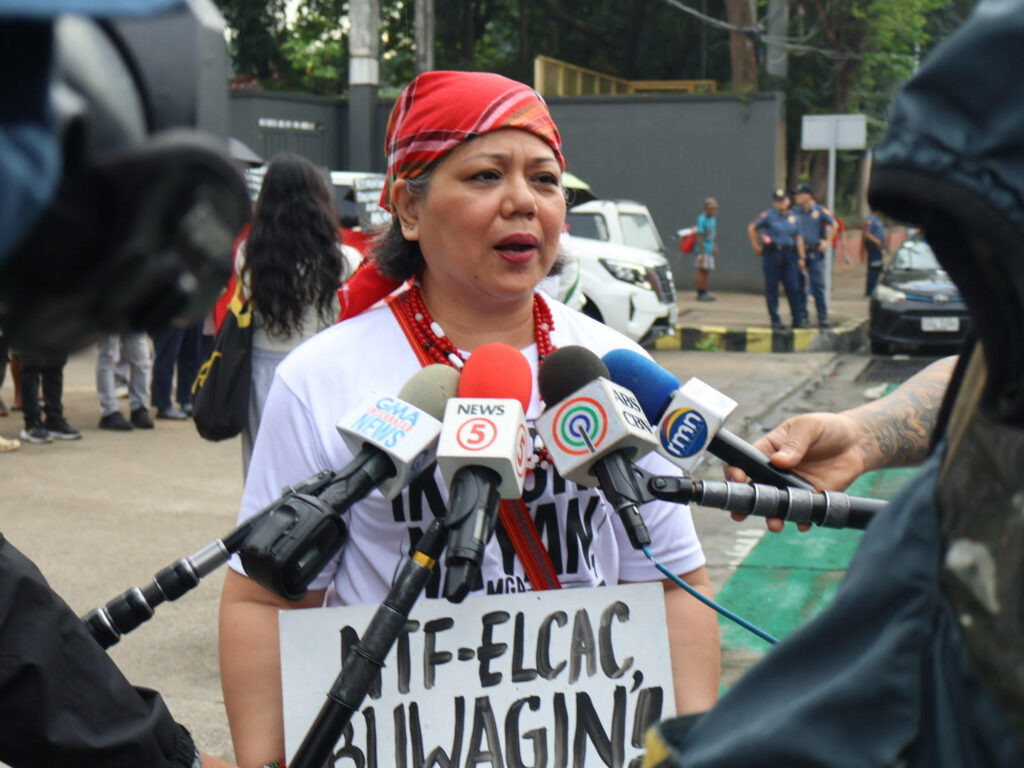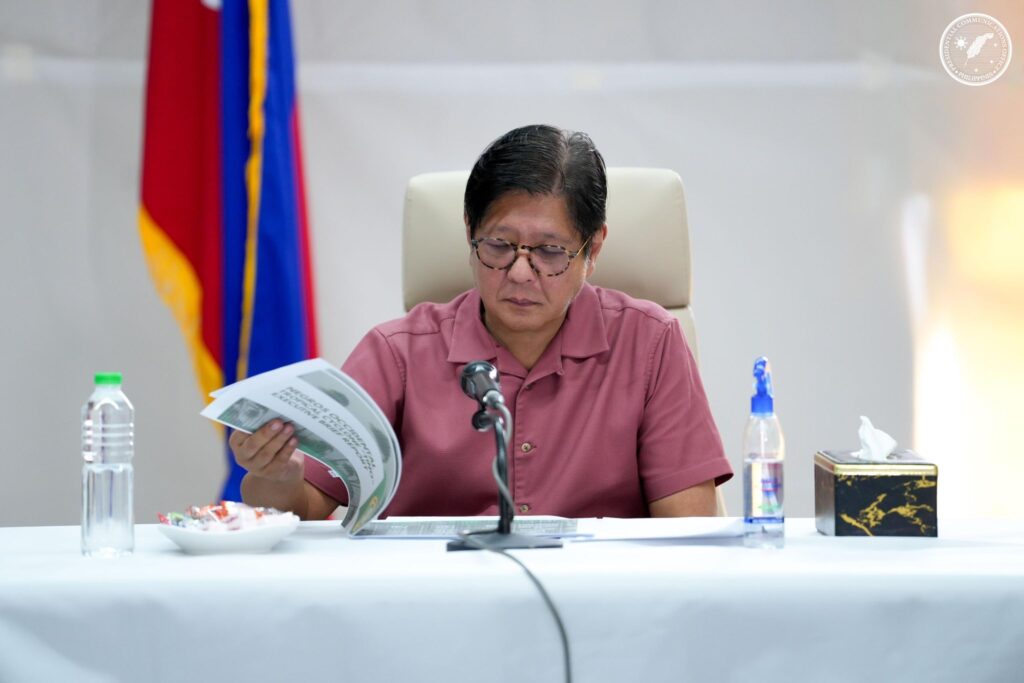The Coalition for People’s Right to Health fully supports Ms. Tlaleng Mofokeng, United Nations Special Rapporteur on the right of everyone to the enjoyment of the highest attainable standard of physical and mental health, in her report to the Human Rights Council fifty-ninth session on health and care workers as defenders of the right to health. Her report comes at an opportune time when health workers continue to suffer innumerable violations to their well-being and mirror gross disparities in our health systems.
The Special Rapporteur is correct in pointing out in her report that “health and care workers are uniquely positioned to flourish as human rights defenders, and must be supported and protected, especially in the face of threats in the pursuit of justice.”
Potential violations may indeed be noted specifically for Article 7 of the International Covenant on Economic, Social and Cultural Rights delineates four specific State obligations regarding the right to just and favourable conditions of work such as 1) sufficient remuneration to enable the enjoyment of other rights, 2) States must guarantee safe and healthy working conditions, 3) hiring, promotion and termination must not be discriminatory, and 4) States must ensure that workers have access to adequate rest, leisure and a reasonable limitation of working hours.
However, health and care workers in the Philippines face violations of work standards on a daily basis. Nurses in various institutions suffer severe understaffing by having to care for 20 to 50 patients and work for 12 to 16 hours without overtime pay. Severe understaffing is worsening and negatively affecting the quality and availability of health services. At a national tertiary hospital in Metro Manila, the 70-bed capacity emergency room (ER) is catering to more than 100 patients. There are reports that of the patients turned away, some have died on their way to other public hospitals. Health workers run a 70-hour duty per week instead of the legally allowed 40 hours. In another tertiary hospital’s ER, there are 6 nurses and 3 nursing attendants for 50 admitted patients. This does not include those who are in observation. Health workers themselves report that in another premier public hospital, there are 12 nurses and 5 nursing attendants for 100-170 patients per day–up to thrice the ER’s bed capacity originally intended for 40-50 patients only. At a public mental health facility, there are only 2 nurses for as much as 250 patients.
As the working environment poses increasing risks, salaries remain low. Health workers are not receiving a living wage. A Salary Grade 1 employee in a public hospital earns only P13,500 ($235.94) per month, or less than half of the P33,000 ($576.74) monthly living wage for a family of five.
We agree with the Special Rapporteur’s statement that “the ability of health and care workers to defend the right to health and other health-related rights is determined by more than just personal choices or expertise. It is also shaped by the social determinants of health.” Filipino health and care workers are in a situation where their ability to provide health care is constrained by public health facilities that sorely lack proper infrastructures, personnel, and medicines to adequately serve the population. Out of the total 42,046 barangays in the entire country, there are only 23,144 Barangay Health Stations. However, not all of these public primary health clinics are able to provide much-needed health services to the communities. Many lack health personnel, supplies and equipment, or essential medicines.
Moreover, the Special Rapporteur’s statement is correct in stating that achieving health equity goes beyond expanding coverage or reaching universal health coverage. It also requires that the underlying power imbalances that shape the health sector be addressed.
The statement holds true amidst the enactment of the Universal Health Care Law and existence of Philhealth, major indicators in our public health continue to fail targets. Individuals and households shoulder the burden of health care spending amidst meager wages. Household out-of-pocket health expenditures are high at 44.7%. Such a percentage is still greater than 40% of the capacity to pay for health care which the World Health Organization defines as “catastrophic health spending”. Concretely, the average hospital bill in 2022 was PHP46,640 ($814.91)–more than 3 times the national minimum wage of only P610/day ($10.66) or P13,420/month ($234.48) in the National Capital Region.
We fully agree with the Special Rapporteur’s recommendations in recognizing the crucial role of health and care workers for the realization of the right to health and other health-related rights. Towards this direction, adequate and sustainable resources to strengthen the health system and to guarantee fair and just labor practice must be ensured. Such recommendation aligns with what the Coalition for People’s Right to Health has been asserting–a free, comprehensive, and progressive national public health care system that will respect, promote, and protect health workers’ rights and welfare in compliance with legal frameworks and international covenants where the Philippines is a signatory.###
Read more:
Health and care workers as defenders of the right to health – Report of the Special Rapporteur on the right of everyone to the enjoyment of the highest attainable standard of physical and mental health
http://undocs.org/A/HRC/59/48
United Nations Human Rights Council




